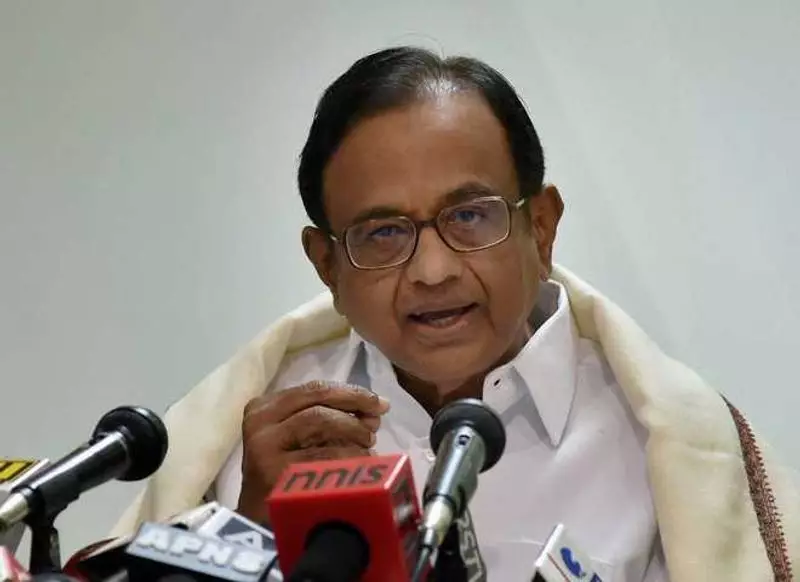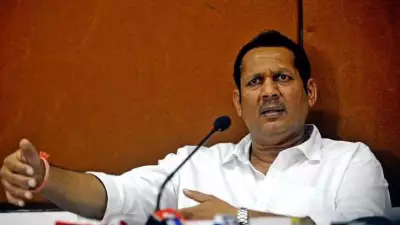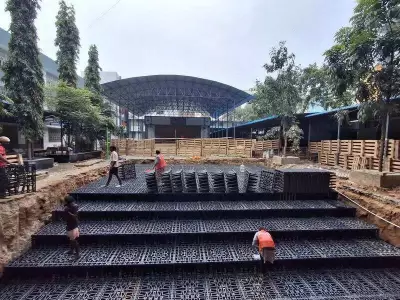
In a significant development that has sparked nationwide discussion, senior Congress leader and former Union Minister P Chidambaram has revealed that the Indian government has officially acknowledged the existence of home-grown terrorists within the country. This admission came following a recent cabinet resolution that addressed national security concerns.
The Government's Silent Admission
P Chidambaram made this revelation during a press interaction, highlighting what he described as the government's tacit acknowledgment of domestic terrorist elements. The veteran politician emphasized that this recognition marks a crucial turning point in how India addresses security threats, moving beyond the traditional focus solely on cross-border terrorism.
The Congress leader's comments came after careful analysis of the cabinet resolution's wording and implications. This represents the first official recognition of its kind, potentially signaling a shift in the government's approach to counter-terrorism strategies and internal security mechanisms.
Context and Political Implications
Chidambaram, who has previously served as India's Home Minister, brought his extensive experience in security matters to bear in his analysis. He pointed out that while various security agencies have long been aware of home-grown terrorist elements, the government's formal acknowledgment through cabinet proceedings carries significant weight.
The timing of this revelation is particularly important given the current security landscape in India. With increasing concerns about radicalization and domestic security threats, this admission could pave the way for more comprehensive counter-terrorism policies that address both external and internal threats simultaneously.
Security Strategy Reassessment
This development suggests that the government may be preparing to overhaul its security approach to better combat the evolving nature of terrorism in India. The recognition of home-grown terrorists indicates a more nuanced understanding of security challenges that acknowledges the complex reality of modern terrorism.
Security experts have long argued that an effective counter-terrorism strategy must address both cross-border infiltration and domestic radicalization. This cabinet resolution appears to validate that perspective, potentially leading to more targeted and effective security measures in the coming months.
The admission also raises important questions about prevention strategies, community engagement, and de-radicalization programs that might be necessary to complement traditional security approaches. It underscores the need for a multi-faceted strategy that combines intelligence gathering, community policing, and socio-economic interventions.
As India continues to navigate complex security challenges, this acknowledgment of home-grown terrorist elements represents a crucial step toward developing more comprehensive and effective security protocols that address all dimensions of the terrorist threat facing the nation.





